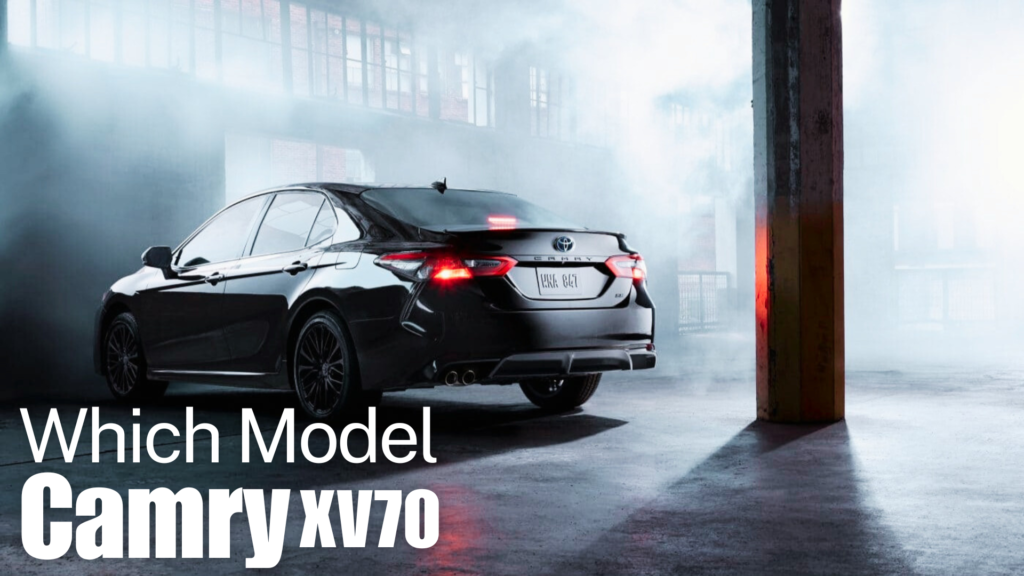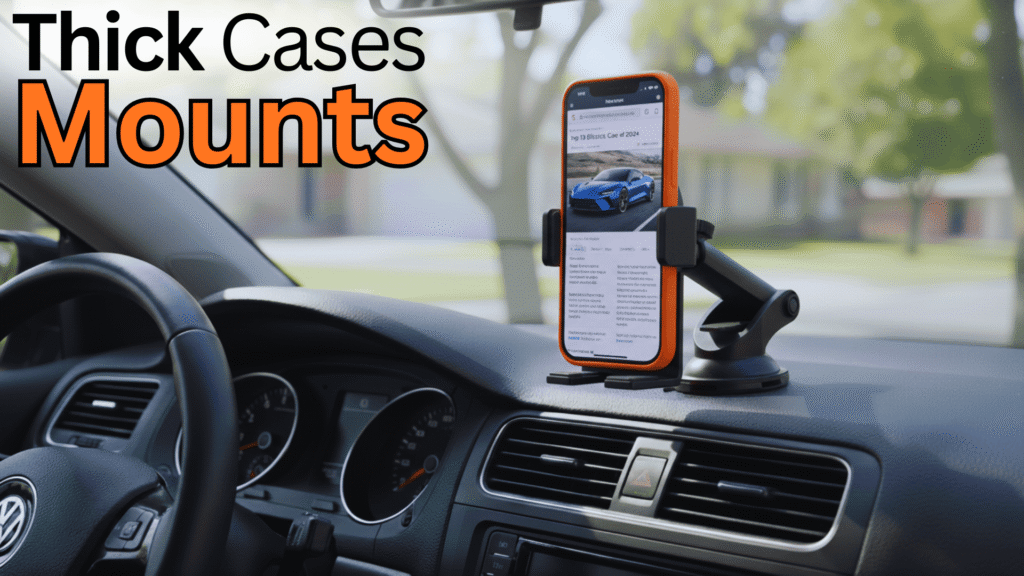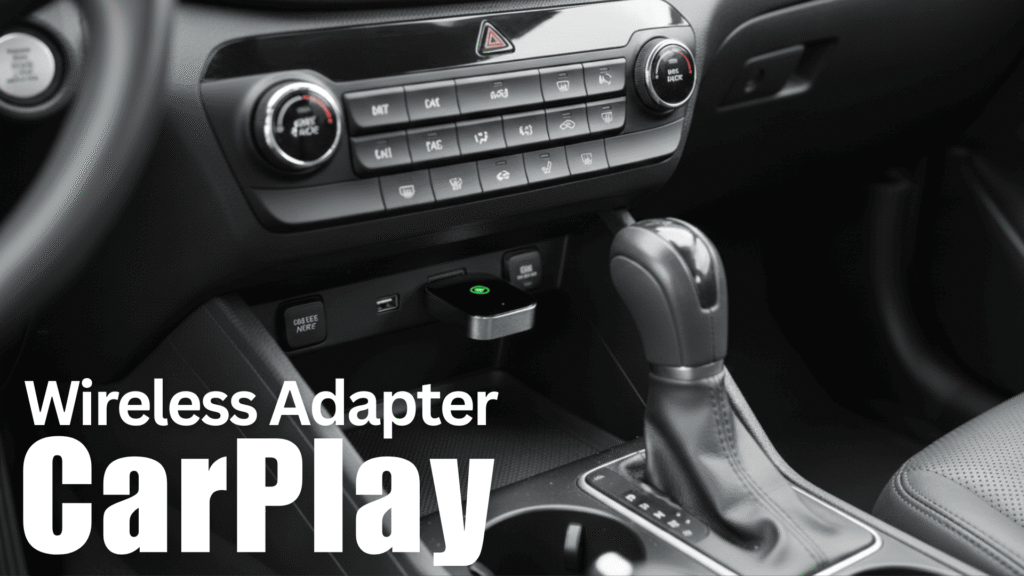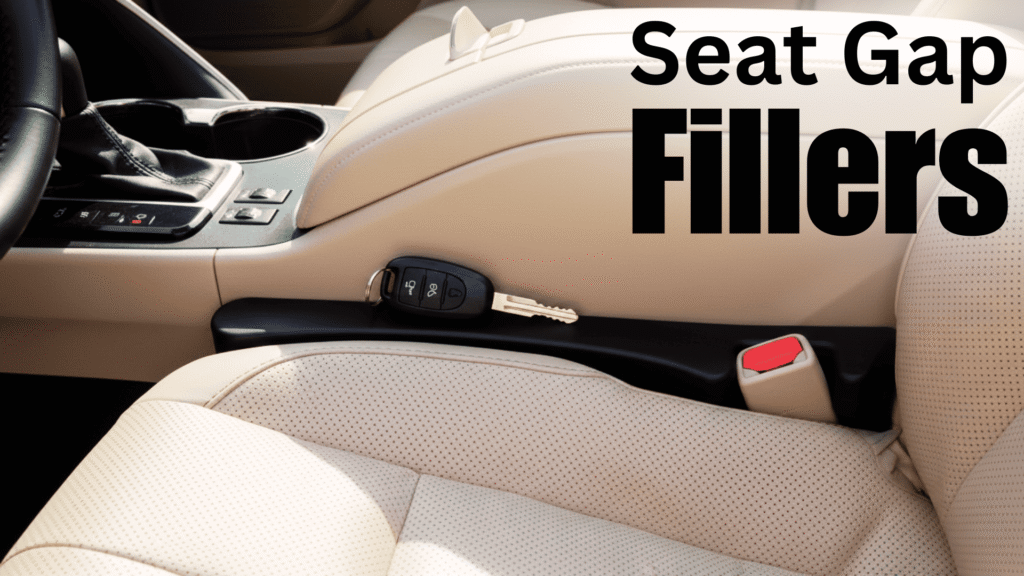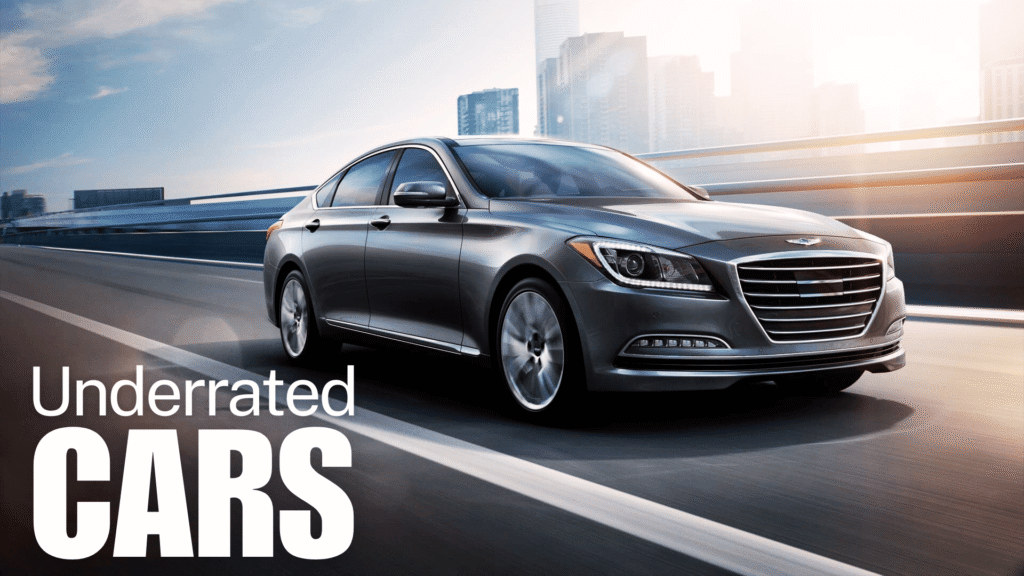A low-mileage Audi, BMW, or Cadillac at a fraction of its original price can be hard to resist. After all, you’re getting a prestigious badge without the premium cost. But beneath the sleek design and luxurious interior could be a financial and mechanical headache waiting to happen—especially if you’re unprepared for costly maintenance and complex electronics.
While there are exceptions—check out our articles on the best reliable used Mercedes SUVs or top dependable BMW X-models—many luxury vehicles debut untested innovations that may not stand the test of time, despite manufacturers’ quality control claims. So, is there a smarter alternative? Let’s explore your options.
The Allure of the Used Luxury Car
Prestige at a Fraction of the Cost
The main allure is simple: status and comfort. A new luxury sedan or SUV from Audi, BMW, or Cadillac can easily run upwards of $60,000 to $80,000, but a used model just a few years old might list for 40–50% of its original MSRP. That’s a huge discount, seemingly letting you step into the world of heated seats, cutting-edge infotainment, and refined driving with minimal financial strain—at least, on the surface.
High-End Features & Design
European and American luxury cars often boast plush interiors, advanced driver aids, potent powertrains, and distinctive styling. From BMW’s reputation for handling prowess to Cadillac’s bold “American luxury” statement, these vehicles draw enthusiasts with their brand cachet. Yet, advanced features also bring complexity.
The Urge to Stand Out
If you prioritize making a strong impression—pulling into the office parking lot in a car once revered as a symbol of success—the used luxury option can seem irresistible. But does the reality match the dream?

High Maintenance & Repair Costs
Premium Parts at Premium Prices
Audi or BMW brakes aren’t cheap. Cadillac Escalade air suspensions can cost thousands to repair. Because luxury brands often incorporate specialized parts, everything from engine components to basic interior trim is costlier to replace.
Case in Point: An oil change for a used BMW might run $150–$200, whereas the same service for a Toyota it costs between $35–$75.
Out-of-Warranty Woes
Most used luxury cars you’ll find on the market are beyond their factory warranty period. Any breakdown—especially in advanced systems like air suspension, turbocharging, or infotainment—falls entirely on your wallet. Even extended warranties for high-mileage luxury cars tend to be expensive, with numerous exclusions.
Frequency of Repairs
European and American luxury brands are frequently cited for higher repair frequency, especially as they age. This leads to a cumulative effect: You’re paying more per repair, and you’re repairing more often.
Complex Electronics & Risk of Glitches
Advanced Tech = More Failure Points
From advanced driver-assistance systems to multi-zone climate controls, the modern luxury car is laden with microprocessors, sensors, and integrated modules. While cutting-edge tech is exciting when new, these systems can become electrical nightmares when they start to fail.
Infotainment Issues in Luxury Cars
Audi’s MMI, BMW’s iDrive, Cadillac’s CUE—these infotainment systems push the envelope of user experience but are notoriously expensive to fix. Even minor screen malfunctions can cost hundreds, if not thousands, to repair if out of warranty.
Software Updates & Compatibility
As software evolves, older vehicles may fail to receive updates, making certain features obsolete. Pairing smartphones or using certain online services can become a hassle in older luxury vehicles.
Depreciation: Why Used Luxury Cars Are Cheap
The Steep Drop-Off
Unlike many mainstream brands that hold reasonable value, luxury cars depreciate quickly because the market for used high-end vehicles is narrower. This steep depreciation is precisely what makes them “affordable” for a second or third owner—yet also signals future lower resale value.
Perceived Reliability & Owner Costs
Buyers in the used market may shy away from older European or American luxury brands due to fear of mechanical issues. The result? Lower demand leads to precipitous price drops.
Maintenance-Sensitive Resale
A well-maintained used BMW or Cadillac may still command a moderate price, but any sign of missing service records or mechanical neglect can scare away potential buyers. This precarious dynamic explains the “bargain” price tags.
Hidden Problems Lurking Underneath
Cosmetic vs. Structural Damage
Sellers often restore the exterior to pristine condition, but internal components—like transmissions, turbochargers, or electrical harnesses—may be nearing end-of-life. Carfax reports can help, but not all service records or accidents appear.
Chopped Maintenance Schedules
Luxury vehicles need more frequent, specialized service—synthetic oil changes, spark plugs, brake fluid flushes, etc. Previous owners may have cut corners, especially as the car aged. Unaddressed issues accumulate, leading to major future breakdowns.
Questionable Modifications
Enthusiasts sometimes push performance boundaries with engine tuning, suspension upgrades, or brake alterations. If not done professionally or well-maintained, these modifications can hamper reliability significantly.
Why European & American Luxury Cars Pose Greater Risk
Audi, BMW, Cadillac: Common Pain Points
- Audi: High oil consumption, carbon buildup in direct-injection engines, complex quattro systems.
- BMW: Timing chain stretch, turbo failures, electronics nightmares in older iDrive systems.
- Cadillac: Infotainment glitches with CUE, potential V8 oil leaks, complex air suspensions in Escalade.
Costly Labor & Specialized Tools
European luxury cars often require brand-specific diagnostic tools and trained mechanics. Labor rates can hit $120–$200 per hour at specialized shops. Cadillac, while American, has similarly advanced tech in models like Escalade, leading to expensive repairs.
Notorious for Resale & Ownership Costs
Audi and BMW, along with Cadillac, rank lower in long-term reliability surveys, leading to owner dissatisfaction. This environment fosters the “used luxury discount” but also leaves you with the risk of repeated repairs.
Exceptions: Reliable Models & Previous Articles
Although it’s generally a bad idea to buy a used luxury car, we’ve highlighted reliable exceptions in other articles. For instance:
- Certain Mercedes-Benz E-Class (W212) models after 2012 show better longevity.
- Specific BMW 3 Series (like F30 328i with well-documented service) can remain dependable.
- Lexus is typically an exception in the luxury realm, but it’s Japanese. Some Infiniti models are also passable.
We’ve discussed these in-depth in previous posts, such as “Which Used Mercedes C-Class Should You Buy?” or “Top 5 Most Reliable Used BMW Models.” If you’re still fixated on a luxury badge, check out those articles to see which models and trims hold up better than the rest.
Better Alternatives: Lexus, Infiniti & New Mainstream Models
Lexus & Infiniti
If you must have a luxury nameplate but want to minimize headaches:
- Lexus: Revered for reliability, from the ES sedan to the RX crossover. You sacrifice some sporty driving dynamics but gain minimal breakdowns.
- Infiniti: Nissan’s luxury arm isn’t as robust as Lexus but can offer decent reliability, especially in certain Q50 or QX60 models. Beware of older CVT issues.
New Mainstream Models from Hyundai, Toyota, Honda
Hyundai’s Palisade, Toyota’s RAV4 or Highlander, and Honda’s CR-V or Pilot have evolved into sophisticated vehicles loaded with advanced safety features and premium interiors. While not traditionally labeled “luxury,” they rival or surpass older European/American luxury cars in reliability, advanced driver aids, and tech convenience.
Why They’re Great Alternatives:
- Warranty: Hyundai leads with a 10-year/100,000-mile powertrain warranty, while Toyota and Honda hold strong reliability records.
- Modern Tech: Features like adaptive cruise, lane-keep assist, and large infotainment screens narrow the gap with used luxury models.
- Fewer Surprises: A brand-new or lightly used mainstream SUV often spares you the hidden pitfalls of a 5-7 year-old luxury vehicle.
Tips for Those Who Still Want a Used Luxury Car
If you’re undeterred by warnings, consider these tips:
- Research Specific Models & Trims: Some generation/year combos are far more reliable than others.
- Insist on Full Service Records: Gaps in maintenance history suggest potential time bombs.
- Get a Professional Inspection: Pay for a pre-purchase inspection from a specialist familiar with the brand.
- Budget for Repairs: Set aside an “emergency fund”—a couple thousand dollars—for inevitable breakdowns.
- Avoid High-Performance Trims: M, AMG, V—these are thrilling but notoriously expensive to maintain.

Final Verdict: Are Used Luxury Cars Worth the Hassle?
For most buyers, purchasing a used luxury car—especially from European and certain American brands—poses a higher risk. The initial price might seem attractive, but the cascade of potential repairs, high insurance rates, specialized maintenance, and possible electronic failures can outweigh any savings.
Key Takeaways:
- Maintenance & Repairs: Expect big bills for items like brakes, suspension, or infotainment modules.
- Reliability & Complexity: More tech means more potential for failure, especially as the car ages.
- Depreciation: You might have trouble reselling if major issues arise or if the brand has a reputation for unreliability.
Better Alternatives
- Lexus or certain Infiniti models: You’ll trade some European driving dynamics for fewer breakdowns and simpler ownership.
- New Mainstream Models: Hyundai, Toyota, and Honda have become so advanced that the difference in luxury amenities is smaller than ever.
So, while some rare exceptions exist—particularly certain models from Mercedes or well-maintained BMW sedans—it’s generally a bad idea to buy a used luxury car if you aim to minimize headaches and costs.
If you found this post useful, you might also enjoy our article, “Top Used Luxury SUVs Under $40K in 2025 for Reliability and Style.“
Explore more of our site for detailed car reviews, expert buying guides, and the latest industry insights. There’s plenty of content to keep you informed, so take a look around—and don’t forget to bookmark us for future updates!
- Best Car Interior Cleaning Kits: Make Your Cabin Look New
- Which XV70 Camry Year Should You Buy? A Tested Guide
- Magnetic Phone Mounts & Mounts for Thick Cases: That Actually Work!
- Best Wireless CarPlay Adapters for Older Cars
- Best Seat Gap Fillers for Leather Seats
- The Most Underrated Cars — Hidden Gems You Should Actually Consider
*Disclaimer: This website provides automotive content for informational purposes only and should not be considered professional advice. While we strive for accuracy, we do not guarantee the reliability or suitability of any vehicle or product mentioned—always conduct your own research before making purchasing decisions. Additionally, some links on this site are affiliate links, meaning we may earn a commission if you make a purchase, at no extra cost to you.



